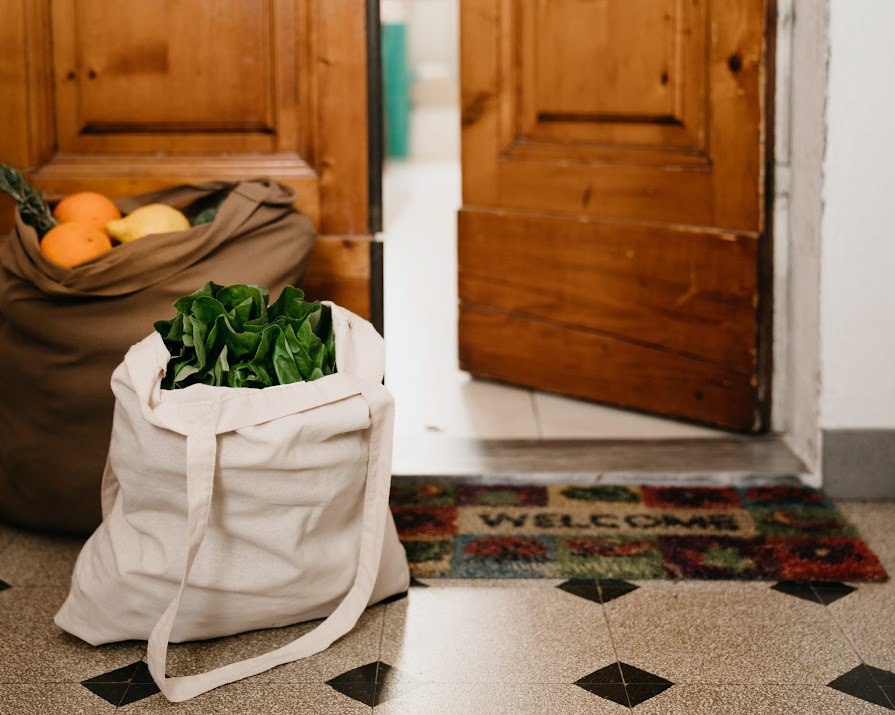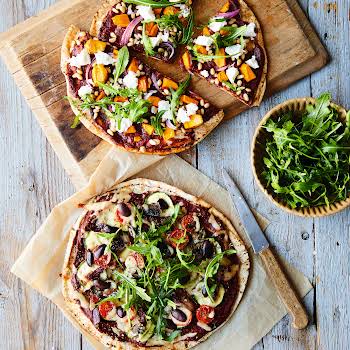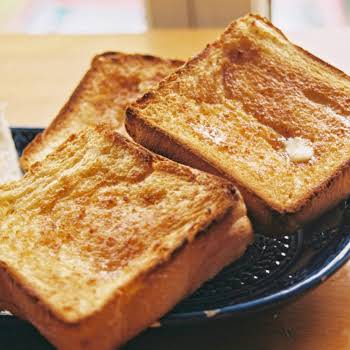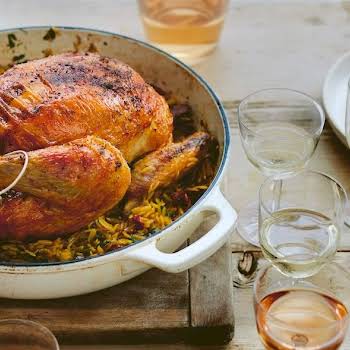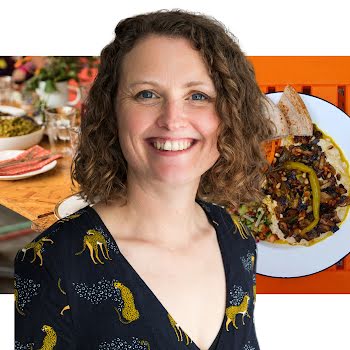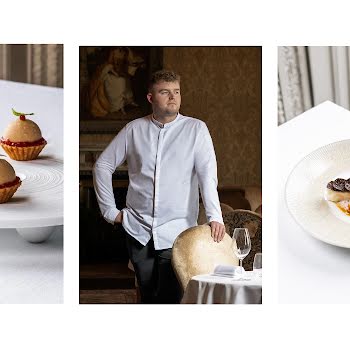
Soggy veg at the bottom of your fridge? Tips to make sure your produce lasts until your next shopping trip
By Megan Burns
19th Apr 2021
19th Apr 2021
With everyone trying to shop for food less frequently, it’s more important than ever to store your fresh fruit and vegetables in a way that will make them last as long as possible
Since the restrictions in place to prevent the spread of Covid-19, we have all been trying to limit our trips to the shop. While this is not a problem with things like tinned and frozen food, any fresh produce that we buy might start to look a little sad if we don’t get around to eating it for a few days.
However, by storing everything in its optimum conditions you can ensure that it will last as long as possible, and you should have fresh fruit and vegetables to last you until your next shop.
Be careful about what you store together
As they ripen, certain fruits and vegetables including bananas, apples, pears, kiwis and potatoes produce a gas called ethylene, which makes other fruits and vegetables ripen faster. So unless there’s something you’re specifically trying to ripen, you should store these foods separately. Certain fruits and vegetables are particularly sensitive to ethylene: asparagus, broccoli, cucumber, leafy greens, strawberries and raspberries.
Make use of your crisper drawer
You probably know that the drawers in your fridge are for fruit and veg, but understanding how they work will help you to make the most of them. They are designed to have higher humidity level to the rest of the fridge that is more suited to fresh produce, which can dry out elsewhere in the fridge.
If your crisper drawer is completely packed full, air will not be able to circulate around each item, and so the optimum humidity can’t be maintained and your food will spoil faster.
If your drawer is getting full, you can create similar conditions by putting a damp cloth or paper towel at the bottom of a container like a lunchbox. If the humidity gets too high and water begins to pool at the bottom of the container, open the lid slightly to allow more ventilation.
Make sure everything is dry
While fresh fruit and vegetables like a certain amount of humidity, if they are wet they will quickly deteriorate, making them go mouldy or just plain soggy. If you wash produce before storing it, make sure to dry it completely, and check anything like lettuce doesn’t have water caught between the leaves — leave it upside down on a dish rack for a while to try and remove any droplets of water.
Rethink the plastic bags
While it’s always better to choose loose produce and use paper or reusable bags, if your food does come in a plastic bag, unseal the bag before you put it away so some air can flow in and out. A sealed plastic bag will trap any gases like ethylene they may emit, which will only accelerate how fast they will go off.
A loose plastic bag can create a little extra humidity around your produce in the fridge, however, so don’t feel the need to remove the produce completely. There are a few exceptions, including mushrooms and potatoes, which should never be stored in plastic bags.
Keep herbs fresh for longer
Fresh herbs are a great way to add instant flavour and freshness to a dish, but they can start to wilt pretty quickly which can put people off buying them. Wrap your herbs in a slightly damp paper towel and then place in a resealable plastic container and they will stay fresh for much longer.
Store citrus in the fridge
Lemons, limes, oranges — we know they look nice and colourful in a bowl on your counter, but they will last for much longer in the fridge. In fact, apart from bananas, potatoes, stone fruits and anything like mangoes, melon and avocado that you want to ripen more, most fruit and vegetables will keep for longer in the fridge.
Freeze what you can
While your fridge can keep things fresh for a week or so, turn to your freezer to make things last much longer. Aromatics like fresh ginger and chilli can be frozen whole and grated directly into dishes, and you can chop leftover herbs and freeze them on a tray before transferring into a container.
Certain vegetables can also be frozen if you’re not going to be able to use them before they go off. Chop and blanch them before freezing, and again, freeze on a tray first to avoid them all freezing into a lump.
Prioritise what to use first
Some fruit and vegetables will always spoil sooner than others, despite your best efforts, so keep this in mind when planning what to eat first. In general, softer vegetables like spinach, lettuce, peppers and broccoli will go off faster than hardier ones like carrots, cabbage and sweet potatoes.











